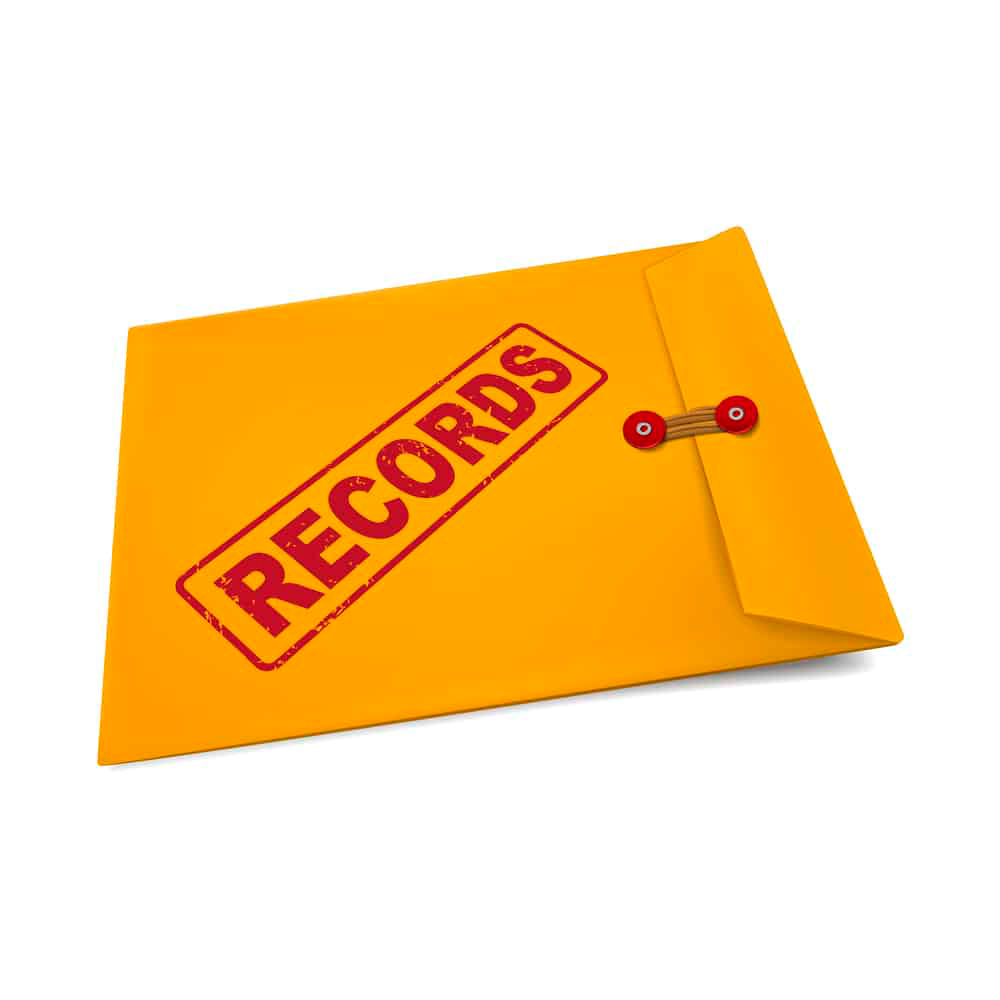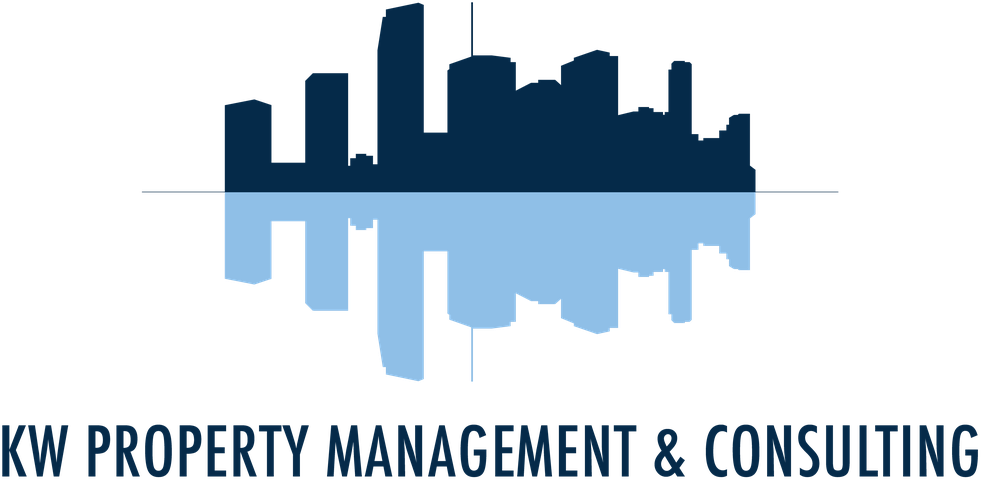
Florida’s Condominium Act goes a long way to ensure transparency in governance and operation of a condominium association. The earliest version of the Act required associations maintain accounting records in accordance with good accounting practices. Associations were not only required to “balance the books,” but also to keep copies of invoices, receipts and similar documents. Associations were also required to keep a good accounting for each unit owner. Over the years, the legislature added to the record keeping requirements, most of which are found in Section 111 of the Act.
Associations are now required to maintain each of the following items, if applicable, which constitute the official records of the association:
1. A copy of the plans, permits, warranties, and other items provided by the developer pursuant to s. 718.301(4).
2. A photocopy of the recorded declaration of condominium of each condominium operated by the association and each amendment to each declaration.
3. A photocopy of the recorded bylaws of the association and each amendment to the bylaws.
4. A certified copy of the articles of incorporation of the association, or other documents creating the association, and each amendment thereto.
5. A copy of the current rules of the association.
6. A book or books that contain the minutes of all meetings of the association, the board of administration, and the unit owners.
7. A current roster of all unit owners and their mailing addresses, unit identifications, voting certifications, and, if known, telephone numbers. The association shall also maintain the e-mail addresses and facsimile numbers of unit owners consenting to receive notice by electronic transmission. The e-mail addresses and facsimile numbers are not accessible to unit owners if consent to receive notice by electronic transmission is not provided in accordance with sub-subparagraph (c)3.e. However, the association is not liable for an inadvertent disclosure of the e-mail address or facsimile number for receiving electronic transmission of notices.
8. All current insurance policies of the association and condominiums operated by the association.
9. A current copy of any management agreement, lease, or other contract to which the association is a party or under which the association or the unit owners have an obligation or responsibility.
10. Bills of sale or transfer for all property owned by the association.
11. Accounting records for the association and separate accounting records for each condominium that the association operates. Any person who knowingly or intentionally defaces or destroys such records, or who knowingly or intentionally fails to create or maintain such records, with the intent of causing harm to the association or one or more of its members, is personally subject to a civil penalty pursuant to s. 718.501(1)(d). The accounting records must include, but are not limited to:
a. Accurate, itemized, and detailed records of all receipts and expenditures.
b. A current account and a monthly, bimonthly, or quarterly statement of the account for each unit designating the name of the unit owner, the due date and amount of each assessment, the amount paid on the account, and the balance due.
c. All audits, reviews, accounting statements, and financial reports of the association or condominium.
d. All contracts for work to be performed. Bids for work to be performed are also considered official records and must be maintained by the association.
1. Ballots, sign-in sheets, voting proxies, and all other papers and electronic records relating to voting by unit owners, which must be maintained for one year from the date of the election, vote, or meeting to which the document relates, notwithstanding paragraph (b).
2. All rental records if the association is acting as agent for the rental of condominium units.
3. A copy of the current question and answer sheet as described in s. 718.504.
4. All other written records of the association not specifically included in the foregoing which are related to the operation of the association.
5. A copy of the inspection report as described in s. 718.301(4)(p).
6. Bids for materials, equipment, or services.
Items one through six, above, must be permanently maintained from inception of the association, and all other records must be maintained for at least seven years, unless otherwise provided by general law. The association must keep the records in Florida and make them available for unit owner inspection within 45 miles of the condominium property or within the county in which the condominium property is located. Right to inspect includes the right to make or obtain copies. The association can charge reasonable cost for copies. An association can adopt reasonable rules regarding frequency, time, location, notice and manner of inspection and copying.
If the association fails to provide records within 10 working days after receipt of a written request for inspection, a rebuttable presumption is created that the association willfully failed to comply with the Act. A unit owner denied access to official records is entitled to actual damages or a minimum of $50 per calendar day for up to 10 days. If legal action is pursued to enforce inspection rights, the prevailing party gets attorney’s fees to boot.
The Act does not require an association deliver records to unit owners, but only make them available for inspection and copying. If a unit owner requests copies via mail, the association is not required to comply. As of 2019, an association with 150 units or more must maintain copies of specific portions of its official records on a website to which unit owners have access.
The Act recognizes there should be limits to what records are available. An owner is not entitled to review records protected by lawyer-client privilege or work product created in connection with litigation or adversarial administrative proceedings or which are prepared in anticipation of such dispute. Personnel records, medical records of owners, social security numbers, driver’s license numbers, credit card numbers, email addresses, telephone numbers, facsimile numbers and addresses of the unit owner other than as provided to fulfill the association’s notice requirements and other personal identifying information is not accessible to owners. Electronic security measures used by the supposed new safeguard data, including passwords, can also be kept from unit owners.
The Act not only require records be available. It requires an association respond to a written inquiry from a unit owner sent by certified mail within 30 days after receipt of the inquiry. If the Board seeks advice from an attorney or the Florida Division of Condominiums, Timeshares and Mobile Homes, the time for response is extended to 10 days after receipt of the advice. If a legal opinion is requested, the association must provide a substantive response to the inquiry within 60 days after receiving the inquiry.
Condominium record inspection is often an area of friction. Some owners abuse the privilege simply to harass the board. Some boards stonewall requests. Many of these cases end up in litigation costing tens of thousands of dollars in attorney’s fees to argue a dispute that would not have started if both sides were reasonable. Nevertheless, Florida’s Condominium Act is an effort to make sure unit owners know how their condominium is being managed.

